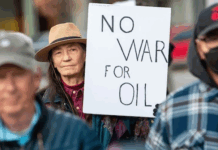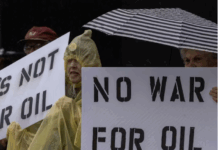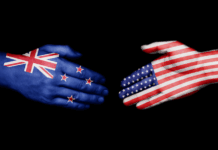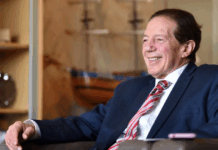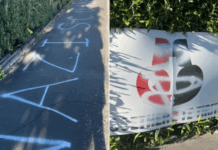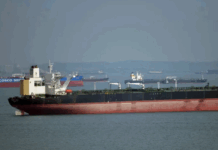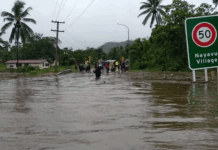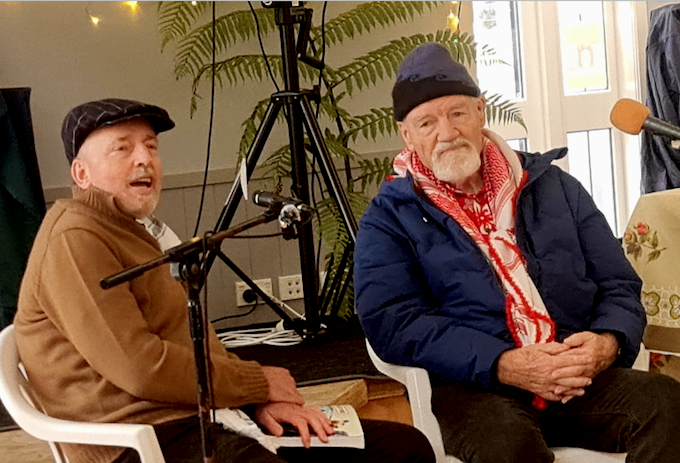
Asia Pacific Report
It was a bit like the old days — the heyday of Aotearoa New Zealand’s nuclear-free movement in the 1980s, leading up to the Rarotonga Treaty for a nuclear free Pacific zone that was signed on 6 August 1985 just weeks after the Rainbow Warrior bombing.
The New Zealand nuclear-free law followed a couple of years later.
But the mood at the Aro Valley Peace Talks last weekend yearned for those past vibes and optimism.
- READ MORE: France’s betrayal of Kanak hopes for independence, Rainbow Warrior, climate crisis and other issues
- Pōneke peace action events
Mike Smith got the packed audience on track, introducing himself.
“I’m a member of a peace group calling ourselves Just Defence,” he said. “We’ve been helping Aro Valley resident Tim Bollinger’s initiative to establish this community event.
“Today we have been invited by Tim to reflect on the anniversary of the destruction of Nagasaki in japan by the second use of a nuclear weapon in this event.
“Our very great thanks are due to Tim for creating this opportunity to reflect on those horrific events 80 years ago. This is all the more crucial because most people are not aware that right now the world is at a moment as dangerous as the 1960s Cuban Missile Crisis.
“The anti-nuclear peace movement has lost its salience in our community.”
Nuclear-free heritage
Smith reminded the audience — if they needed to be — of Aotearoa New Zealand’s nuclear-free heritage.
“We are proudly nuclear-free because nearly 50 years ago we rejected the entry of US warships that would not declare they were nuclear-free.
“That was a bold and courageous decision,” he continued. “But it was only possible because Kiwi citizens the length and breadth of our country declared their communities nuclear-free, town-by-town and city-by-city, due to the work of tireless activists such as Larry Ross.
“Some of their symbols are on display today.”
And then came the pièce de résistance.
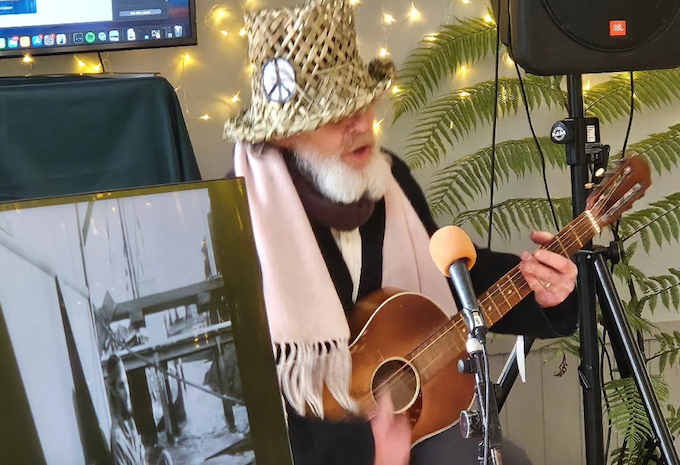
“Today, I would like to offer a dedication, that we who are assembled here now declare Aro Valley ‘nuclear free’.
“Great things can come from small beginnings, and it is once again time that we raise the demand for a world free from the threat of nuclear devastation.”
An eclectic day
And so be it declared, judging by the enthusiastic applause greeting Mike Smith’s remarks.
It was an eclectic day of contributions, but mostly to the already converted.
First speaker on the main programme was activist and peace movement historian Maire Leadbeater who spoke about her recent book The Enemy Within and a century of state surveillance in Aotearoa that had penalised activists for social change.
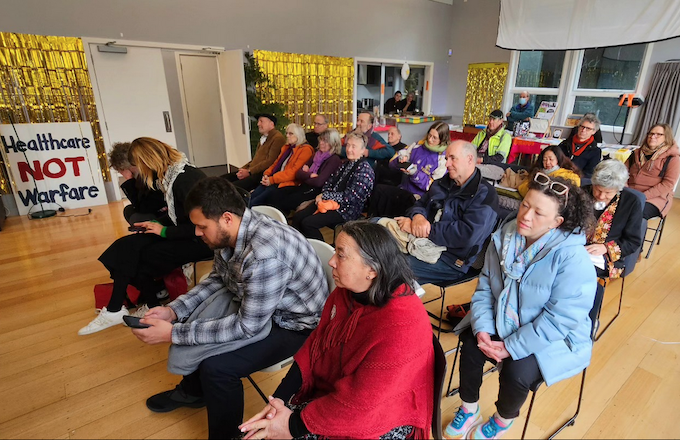
She was followed by historian and writer Mark Derby, co-editor with the late May Bass of Peacemonger: Owen Wilkes: International Peace Researcher, who outlined the life and multi-talents of one of New Zealand’s most extraordinary peace activists.
Former local council politician Helene Ritchie spoke of the campaign to declare Pōneke Wellington a nuclear weapons-free zone in 1982.
She was followed by former trade unionist Graeme Clark detailing how the union movement played a key role in opposing nuclear ship visits and its influence on the anti-nuclear policies of the NZ Labour Party.
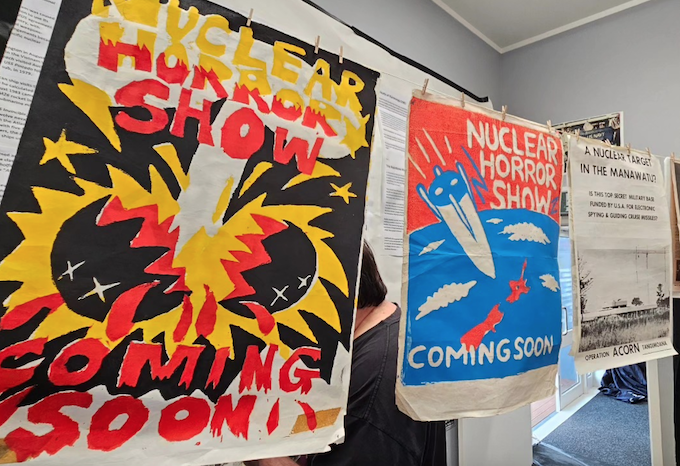
Pacific coverage
The afternoon session kicked off with a “conversation” between journalists and activists Jeremy Rose, formerly of RNZ and who now writes a substack blog Towards Democracy, and David Robie, retired media academic who now publishes Asia Pacific Report and Café Pacific. They discussed issues raised in David’s new book, Eyes of Fire: The Last Voyage and Legacy of the Rainbow Warrior, and the weak Pacific coverage in mainstream media.
Doctor and activist Karl Geiringer spoke about his documentary on the role of International Physicians for the Prevention of Nuclear War’s bid to have nuclear weapons ruled illegal by the International Court of Justice, and the contribution of his peace activist father Dr Erich Geiringer.
Glenn Colquhoun and Inshirah Mahal offered inspiring poems.
Peace activist Valerie Morse gave an overview of 25 years of Peace Action and Sonya Smith, an activist and spokesperson for the Wairoa-based group Rocket Lab Monitor, gave an update on their campaign.
An important day but short on plans for the future. As at least one participant noted: “Our talks have been mainly about success of the past – but what about our action plans for the present and future?”
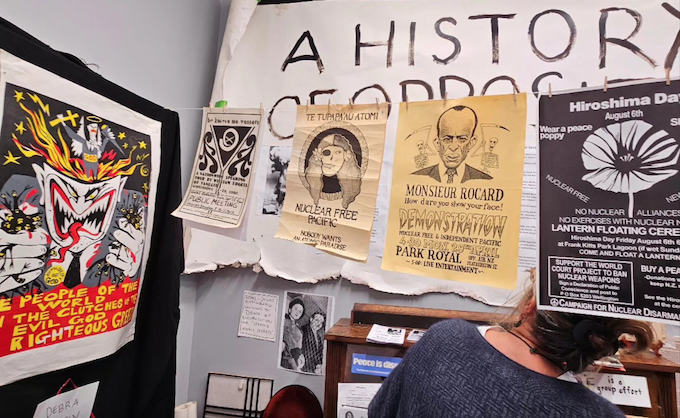
‘Working for peace’
A flyer for Just Defence, with the slogan “Work for peace — not war” with a call to action saying what is needed in New Zealand is:
- A genuinely independent foreign policy for Aotearoa New Zealand;
- Defence that is just — not for aggression against other people or nations;
- A smart, well-paid defence force designed for our real needs — patrolling our waters, carrying out UN peacekeeping missions, responding to civil defence emergencies here and in our Pacific neighbourhood;
- Affirmation of our nuclear-free status and our support for a nucear-free Pacific; and
- Building our reputation for promoting peace through dialogue.
And the flyer flagged a reality check: “China is not our enemy.”
A couple of days after the event, coordinator Tim Bollinger emailed all participants promising some important developments, including deciding on a draft Nagasaki Day resolution.
“The time has never been more important for the exchange of ideas and experiences with those whose land and planet we share — to counter apathy and ignorance with the rich legacy of learning and ideas we each have to give,” Bollinger said.
“A lot has been stolen from us over the past decades . . .
“The victories of the past have been deliberately underplayed, undervalued, undermined and clawed back by those who never believed in them in the first place.”
Bollinger promised a community pushback and the resolution would be a first step. Along with a batch of audio and video recordings from the weekend as an action resource.
France’s betrayal of Kanak hopes for independence, Rainbow Warrior, climate crisis and other issues


